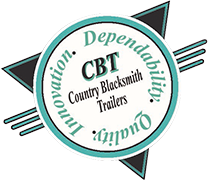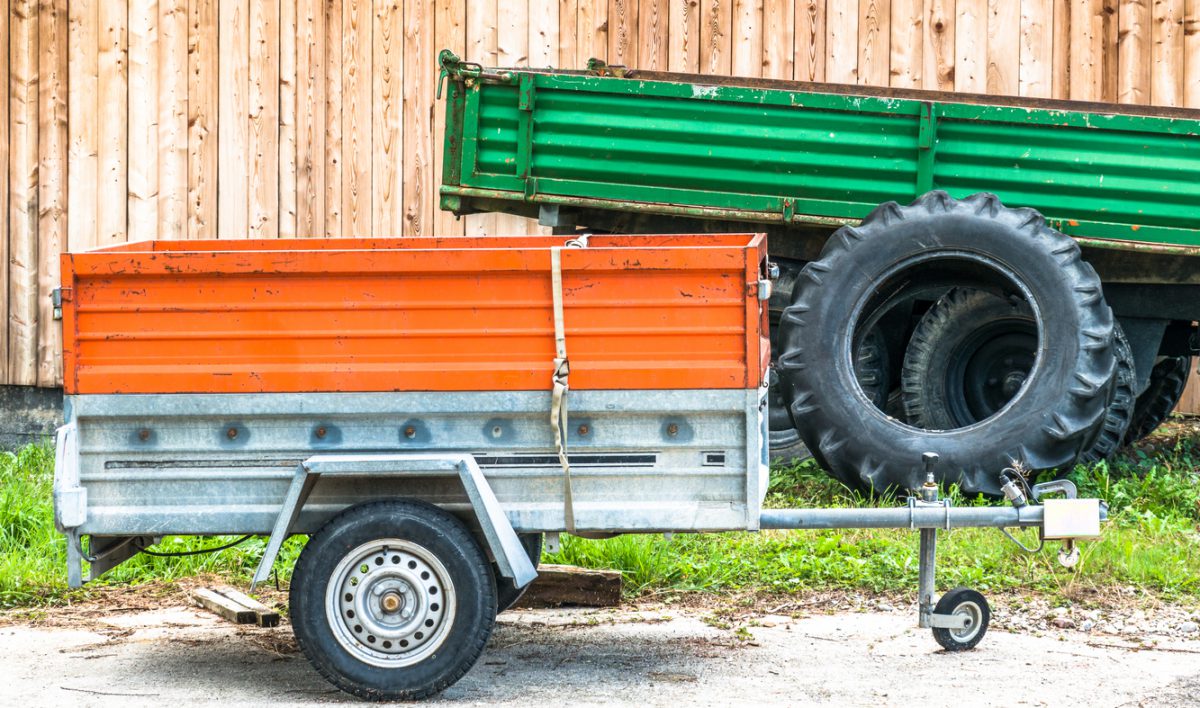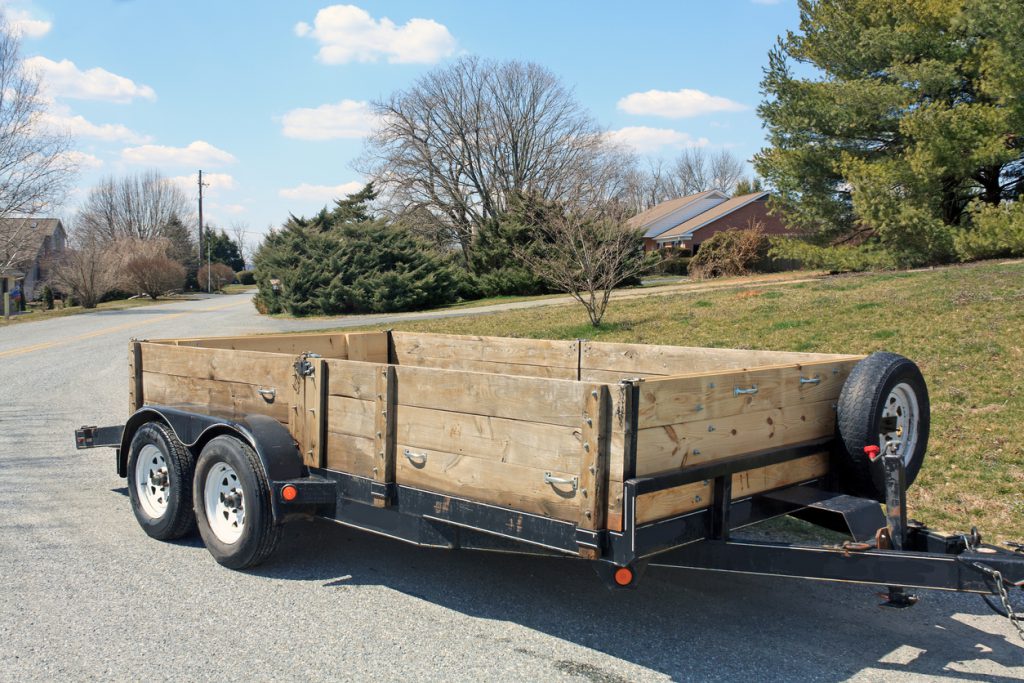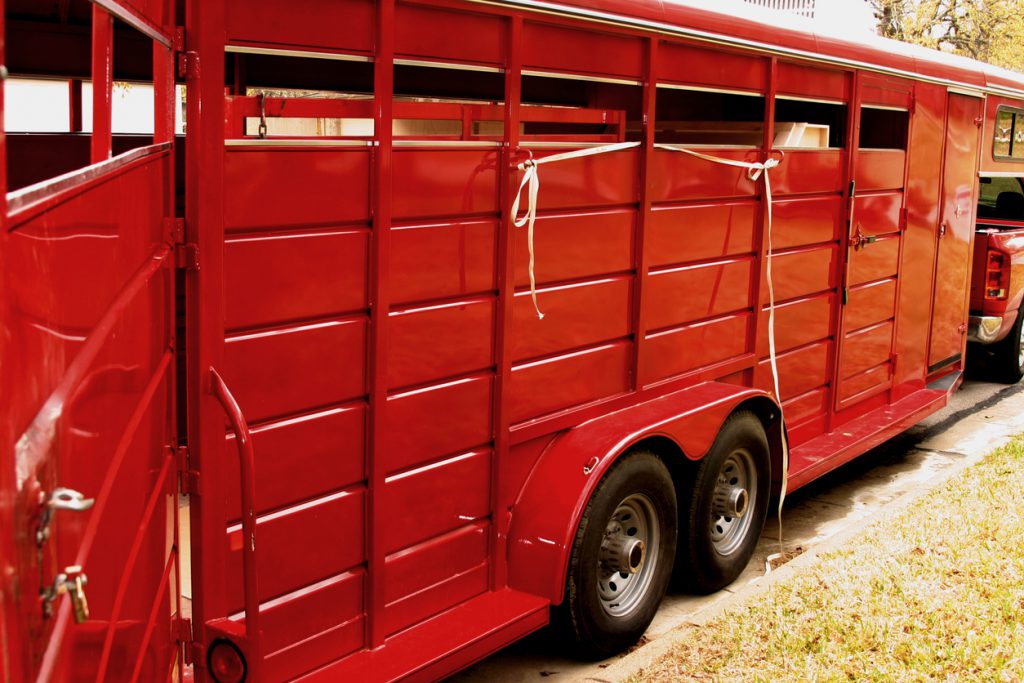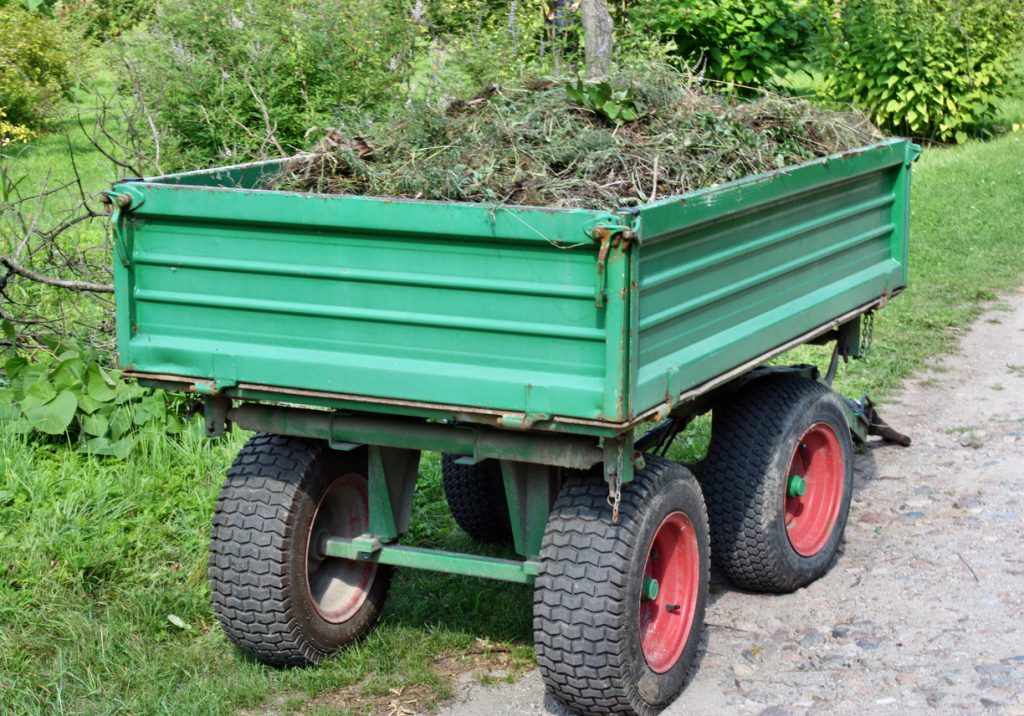When researching tires, there are three essential questions: What tires should I buy? How do I make my tires last? And when should I replace them? Whether you are a first-time buyer of trailer tires or have experience, it’s good to be reminded of the basics.
HOW DO I PICK THE RIGHT TRAILER TIRES?
Picking the correct trailer tires comes down to a matter of preference and how much weight you plan to pull. No matter what you choose, we have some helpful pointers listed below.
USE ST TIRES ON TRAILERS
It is best practice to use special trailer (ST) tires on your trailer. Being constructed with thicker walls and center-focused tread, ST tires are built to stabilize and pull heavy loads. Don’t be tempted to replace your trailer with passenger car (P) or light truck (LT) tires. Passenger car and light truck tires have thinner walls and could cause your trailer to sway if installed, not to mention risking other catastrophic disasters.
DIFFERENCE BETWEEN RADIAL & BIAS PLY TIRES
There are two types of special trailer tires: radial and bias ply. Radial tires can perform well at highway speeds, give a smoother ride, and tend to last longer over time. Bias ply tires have shorter tread life but can handle heavier loads and provide increased stability on the road.
HOW DO I MAKE MY TRAILER TIRES LAST?
Although you cannot make your trailer tires last forever, you can do some things to help extend their life and give you the best ride possible.
PROPERLY INFLATE TIRES & CHECK PRESSURE OFTEN
Improper tire inflation is one of the leading causes of tire problems. This is something that needs to be checked regularly, especially if there are temperature changes due to location or season. Tire pressure goes up or down 1 pound per square inch (PSI) for every 10 degree change in temperature. Always check tire pressure before your trip or when tires have been at rest for at least three hours. Tires heat up from road friction, so PSI readings on warm tires will be inaccurate. It is best to keep tires inflated at the maximum PSI recommendation printed on the tire wall. This will give you the smoothest ride on the road. Underinflating or overinflating your tires gives no benefit to your tires or trailer. In fact, if tires are not inflated properly, it will only damage your tires and make the ride harder for both your vehicle and trailer.
FOLLOW WEIGHT LIMITS AND GWVR FOR TRAILERS & TIRES
Check the sidewall of your trailer tires to verify the maximum load capabilities. If the tire is rated for 2,200 lbs. for a single axle, that means the trailer tires can handle a maximum load of 4,400 lbs. With the same tires, that would be a maximum of 8,800 lbs. on a double axle. Regardless of the combined maximum load of your tires, never exceed the trailer’s GWVR (Gross Vehicle Weight Rating) provided by the manufacturer. Even if the trailer tires combined load capacity can handle 8,800 lbs., your trailer itself may only have a maximum of 8,000 lbs. Although it is a good idea to get tires that can handle more than the GWVR, it is dangerous to have your load exceed the GWVR.
HAVE A SPARE TIRE ON-HAND – TAKE OUT?
When experiencing a flat on the road, there is no greater relief than knowing you have a spare tire. If you don’t carry a spare, you will have to leave your trailer behind to search for the nearest tire shop or be forced to wait on assistance. Always ensure your spare tires are ready for action by checking the air pressure along with your mounted tires each time.
WHEN DO I REPLACE MY TRAILER TIRES?
WHEN YOUR TIRE IS 3 – 5 YEARS OLD
Even if there is plenty of tread, tire rubber breaks down naturally over time. According to rubber industry research, oxidation caused from UV rays via sunlight and ozone from exhaust can cause exterior damage to the sidewalls, while oxygen from pressurized air creates unseen internal damage. Store your tires in a cool, dry place to minimize the damaging effects of nature and time.
WHEN TREAD IS DOWN TO 3/32 OF AN INCH OR LESS
To easily determine if the tread is too low, place a penny upside down facing you and if you can see the top of Lincoln’s head, it’s time to replace that trailer tire.
WHEN THE TIRE IS PUNCTURED OR SHOWS DEFORMITIES
If any holes in the tire are not repaired immediately, the structural integrity of the tire could be compromised and render it unsafe for use. Tires deformities like the appearance of bulges or bubbles on the outside are a sign that the interior of the tire has failed and it needs to be replaced as soon as possible.
WHEN THE VALVE STEM IS DAMAGED
If the valve stem is damaged or cracked, it will leak air causing unsafe tire pressure levels for carrying loads and tire damage when rolling deflated.
COUNTRY BLACKSMITH TRAILERS – A RELIABLE RESOURCE FOR TRAILER TIRES
If you’re looking for help with purchasing anything from trailers to tires, Country Blacksmith is here to assist you. We have a large variety of trailers, tires, trailer parts, on-site service mechanics, and more to meet all of your trailer and towing needs. We can quote you new trailer tire prices or evaluate your current tires, check the alignment of your axle, and even rotate your tires to optimize your trailer and tire performance on the road. Contact us anytime and we’ll connect you to the right person to answer all of your questions!
